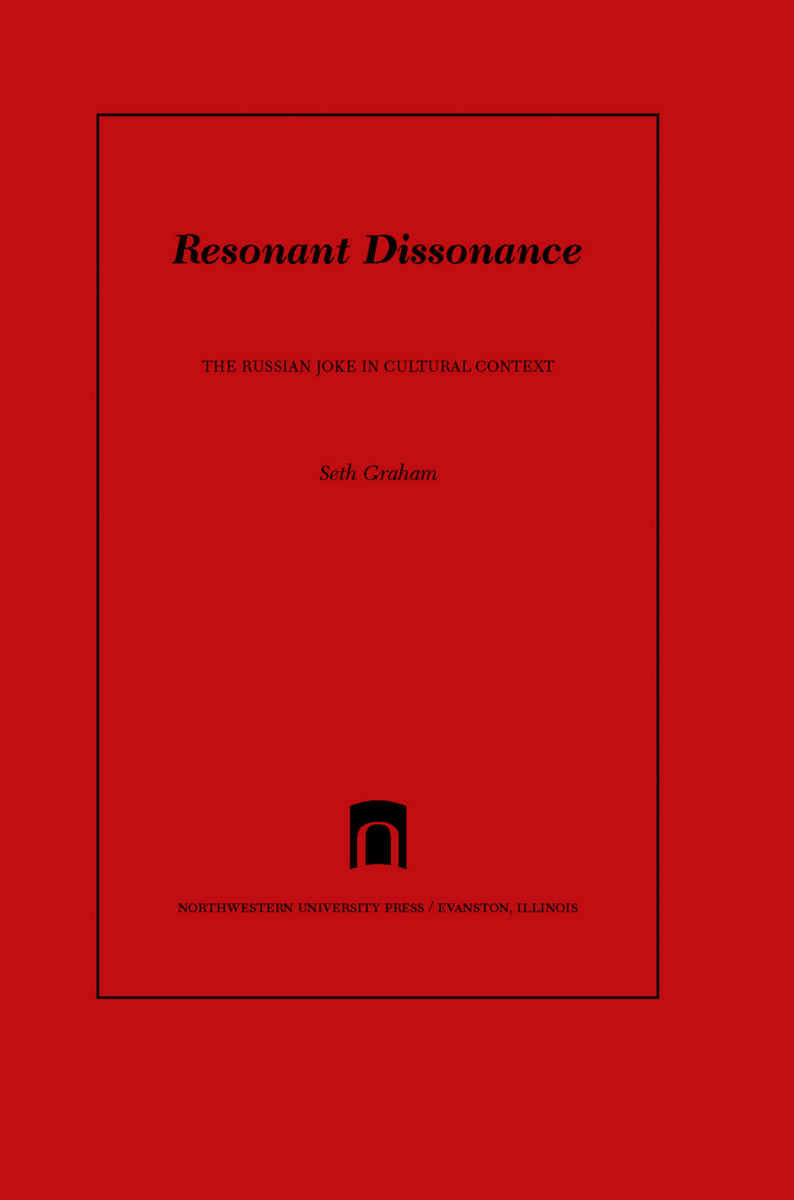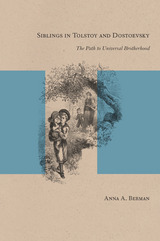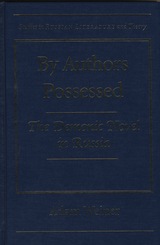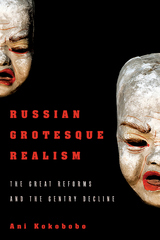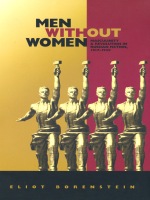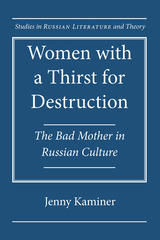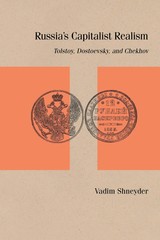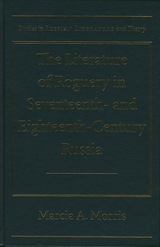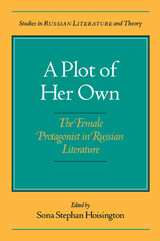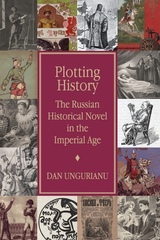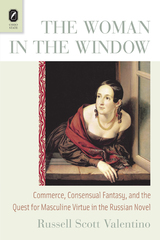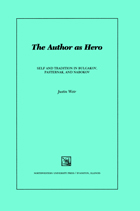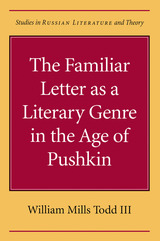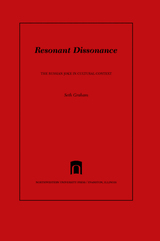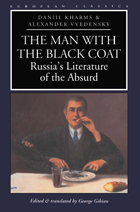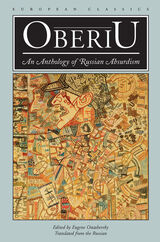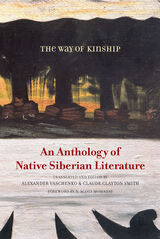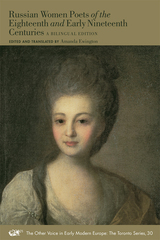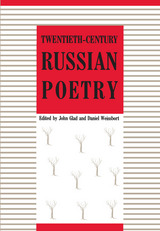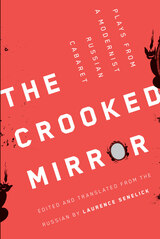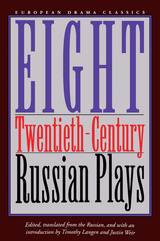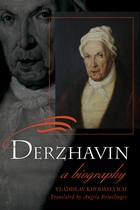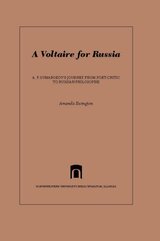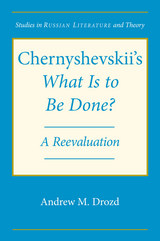Resonant Dissonance: The Russian Joke in Cultural Context
Northwestern University Press, 2009
Cloth: 978-0-8101-2623-7 | eISBN: 978-0-8101-6398-0
Library of Congress Classification PG3099.W5G73 2009
Dewey Decimal Classification 891.78402
Cloth: 978-0-8101-2623-7 | eISBN: 978-0-8101-6398-0
Library of Congress Classification PG3099.W5G73 2009
Dewey Decimal Classification 891.78402
ABOUT THIS BOOK | AUTHOR BIOGRAPHY | REVIEWS | TOC | REQUEST ACCESSIBLE FILE
ABOUT THIS BOOK
In his original new study, Seth Graham analyzes a rich and forgotten vein of humor in an otherwise bleak environment. The late Soviet period (1961–1986) hardly seems fertile ground for humor, but Russian jokes (anekdoty) about life in the Soviet Union were ubiquitous. The cultural and political relaxation in the decade following Stalin’s death produced considerable optimism among Soviet citizens. The anekdot exploited and exposed what Graham calls "Soviet diglossia" (official Sovietese vs. Russian everyday language) and emphasized the distance between official myths and quotidian reality. Jokes engaged a range of official and popular culture genres and also worked meta-textually, referring to the political consequences of jokes. While the dissidents of this period, who stressed the heroic and opposed everything Soviet, have been much written about, Graham’s work on the anekdoty—written in the third person, ironic, and engaged with everything Soviet—fills a hole that has been overlooked in cultural history.
See other books on: Anthologies (multiple authors) | Cultural Context | Drama | Russian wit and humor | Social aspects
See other titles from Northwestern University Press
